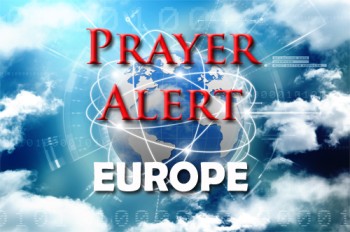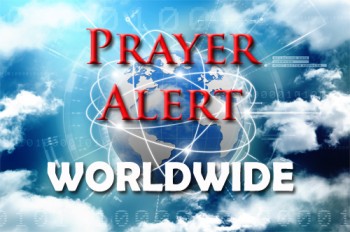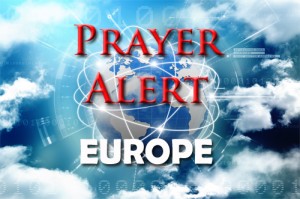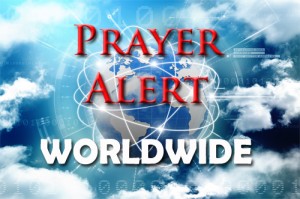Displaying items by tag: press freedom
Russia: journalists associated with Navalny put on trial
Four Russian journalists have gone on trial in Moscow, accused of involvement in an ‘extremist’ group linked to FBK, an organisation set up by the late dissident Alexei Navalny. The defendants face up to six years in prison if convicted. The trial, which closed to the public after a brief open session, underscores the worsening climate for press freedom in Russia. The prosecutors allege that the journalist contributed to content for the YouTube channel run by FBK, which has been labelled an extremist organisation. As Russia tightens its grip on the media, 34 journalists and six other media workers are currently in detention, according to Reporters without Borders. Russia has intensified pressure on both domestic and foreign reporters since the start of its war in Ukraine.
Nepal: press freedom
Nepal has a constitutional obligation to guarantee press freedom, but over ten journalists have been threatened for their coronavirus reporting since late March. One victim of death threats is the manager of Radio Janakpur, threatened after his programme described the carelessness of a coronavirus tracking centre established by a local hospital. As he left his radio station he was accosted. He now feels ‘constantly under surveillance’ whenever he goes to Janakpur. A reporter for another radio station and website was accused of sowing fear and spreading fake news after he covered the case of a woman placed in quarantine. While the ruling party and regional officials try to control media coverage and intimidate reporters, the opposition Congress Party also threatens journalists. A website editor was told, ‘You could lose your life for writing such news’, after his site reported a politician for not cooperating in quarantining someone suspected of having coronavirus.
Slovakia: press freedom
Transparency International reported, ‘Unfortunately this week we were reminded again of the terrible risks facing journalists who report on corruption. Ján Kuciak, a Slovakian investigative journalist, and his fiancée were shot dead in their home. Ján had been investigating Mafia activity in Slovakia - including suspected links to the highest levels of the Slovak government. Police confirmed that his murder was most likely linked to his investigative work.’ This delved into the Slovakian ‘Ndrangheta Mafia, one of the world’s most powerful and fearsome criminal groups, which holds a dominant position in Europe’s cocaine market and many other criminal fields, including weapons trafficking, fraud, corruption, intimidation, and extortion. One in five of the journalists killed since 2012 were covering a corruption story. Research reveals that countries with the least protection for press and activists also have the worst rates of corruption. Progress against corruption globally is stalling.
Forbidden stories
Transparency International reports, ‘Countries with the least protection for press and activists also have the worst rates of corruption. Every week at least one journalist is killed in a country that is corrupt. There are journalists who wish to continue and publish their work, but they have been threatened, imprisoned or killed for attempting to speak out the truth.’ Journalists who feel threatened can now use encrypted communication to protect sensitive information and put their ongoing investigations in a safe place online. Their stories are then secured and will never be published without their agreement. If something happens to them, ‘Forbidden Stories’ will be able to finish the stories in accordance with the author’s instructions and to circulate them widely, thanks to a collaborative network of media committed to defending the freedom to inform. For insights into the worst countries, click the ‘More’ button.



